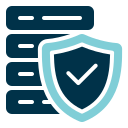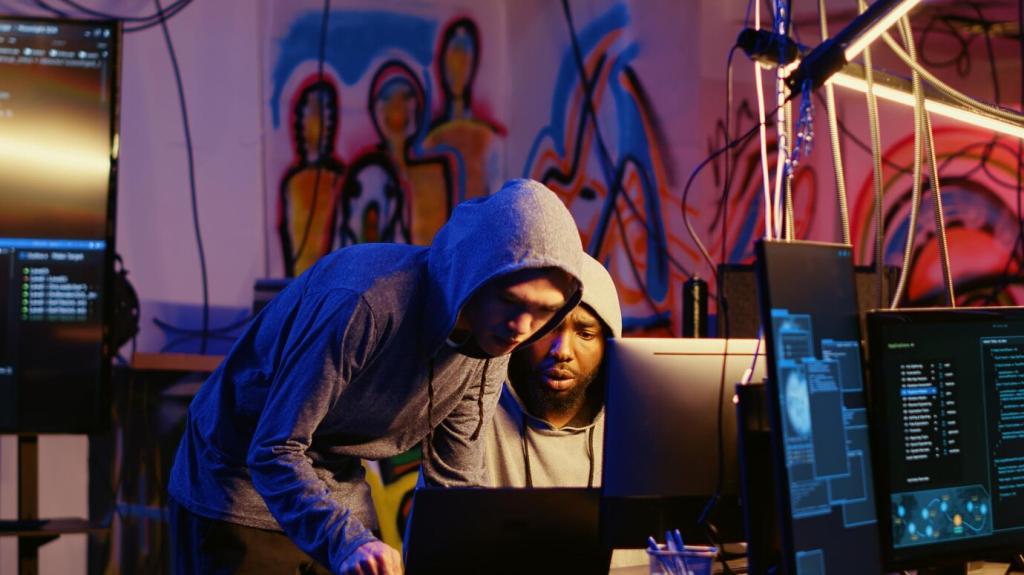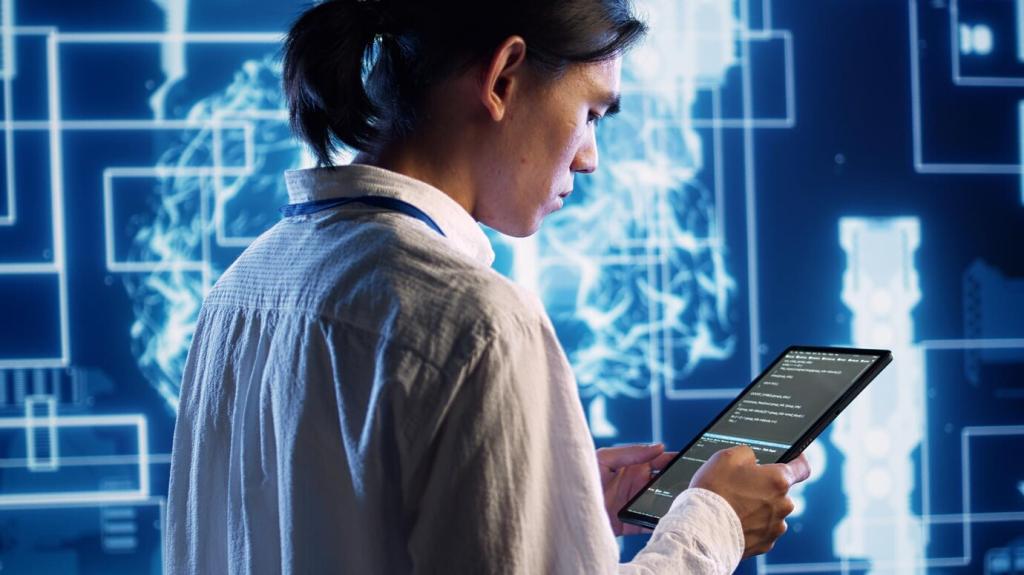How Decentralization Protects Personal Data
Decentralized Identifiers (DIDs) are like portable phone numbers for identity, but without a telecom deciding your fate. You resolve documents on distributed networks, swap cryptographic proofs, and keep control. The magic is interoperability: you carry identity across services without reuploading sensitive data again and again.
How Decentralization Protects Personal Data
With self-sovereign identity, you collect verifiable credentials from trusted issuers and reveal only what is required. Prove you are over eighteen without exposing your full birthdate. Confirm a certification without exposing your home address. Your device holds the keys; third parties see just enough.
How Decentralization Protects Personal Data
Which wallets, DID methods, or credential wallets worked best for you? Post your favorites and why. We curate community-tested, privacy-first tooling and send highlights to subscribers, keeping your experimentation safe, informed, and grounded in real-world experiences rather than hype.
How Decentralization Protects Personal Data
Lorem ipsum dolor sit amet, consectetur adipiscing elit. Ut elit tellus, luctus nec ullamcorper mattis, pulvinar dapibus leo.









